“Finding the Good in 2020”
Nurses in the Democratic Republic of the Congo celebrating the end to the Ebola epidemic.
December 29, 2020
When we last rang in the new year, saying goodbye to 2019 and welcoming 2020, we had no idea what humanity was in for. Just three short months into the year, we entered into a global pandemic. Life has changed drastically because of the Coronavirus, but you don’t need me telling you that. You have single-handedly experienced it. Not one person’s life was left unscathed by 2020. As we prepare for 2021, it’s important to reflect on 2020, and all that the year has brought. Although I feel it is important to look back on all aspects of 2020, I’m going to bring attention to the good things that have happened this year. In a year as uniquely horrific as this one, these positive events were overshadowed by the negative. In order to leave this year in the best way we can, let’s go over the forgotten and often positive, unknown aspects of 2020.
January
On January 15th, Dr. Amani Ballout from Syria was awarded the Council of Europe’s Raoul Wallenberg Prize for her personal courage, bravery, and commitment to saving hundreds of lives during the Syrian war. She is credited with developing and running an underground children’s hospital in Eastern Ghouta in 2012-2018. This hospital provided hundreds with protection from the war and needed medical attention. “Human rights and personal dignity are not a peacetime luxury. Dr. Amani Ballour is a shining example of the empathy, virtue, and honour that can flourish even in the worst circumstances: in the midst of war and suffering,” said Marija Pejčinović Burić, the Secretary-General of the Council of Europe. (coe.int)
February
A referendum over LGBTQ+ protection rights took place in Switzerland on February 9th of this year. Voters in Switzerland voted in favor to make discrimination on the basis of sexual orientation and sexual identity illegal. This was seen as a controversial proposal by many in Switzerland, and it was predicted that the result would be tight and that a yes vote of more than 60% was unlikely. However, the proposal received a vote of 63.1% in favor, and 36.9% against. (BBC News) This was seen as a big win for the LGBTQ+ community in Switzerland and proved that the country was more receptive to anti-discrimination legislation than predicted. To add to this great news, same-sex marriage in Switzerland was just made legal on December 18th, after being proposed in 2013. This legislation also grants lesbians the ability to access sperm donations. (thelocal.ch)
March
In early March, the Democratic Republic of the Congo discharged its last Ebola patient from treatment. This was seen as a major milestone for the country and its fight against the second-largest Ebola outbreak in history. (ABC News) In June, the outbreak was officially declared to be over after almost two years. Conquering this epidemic involved training thousands of health workers, providing patients with equitable access to advanced therapeutics, vaccinating over 303,000 people with the VSV-ZEBOV-GP vaccine, and offering care for all those who survived contracting Ebola. The vaccine is said to be highly effective and protective against the Zaire Ebola virus strain. (World Health Organization)
April
In the midst of the first influx of COVID-19 hospitalizations, 16-year-old pilot TJ Kim knew he needed to put his flight skills to good use. All throughout the month of April, Kim flew donated medical supplies to small rural hospitals in Virginia. According to the Associated Press, Kim’s goal was to make deliveries to all seven rural hospitals in Virginia defined as critical access hospitals. Kim spoke about how these small hospitals were almost forgotten and left defenseless. They were getting hit hard with COVID-19 cases and did not have enough supplies to withstand the virus. Kim, along with his flight instructor, delivered thousands of gloves, shoe covers, masks, and gowns to various rural hospitals in Virginia. Kim and his family named the project “Operation SOS- Supplies Over Skies.”
May
On May 30th, SpaceX launched two NASA astronauts into space for the first time. This was a great accomplishment for Elon Musk and his company, and also marked the first time NASA launched their own astronauts in nearly a decade. (CNBC News) Astronauts Bob Behnken and Doug Hurley returned to earth in August, after spending around 110 days at the International Space Station.
June
The first American woman to walk in space, Kathy Sullivan, became the first woman to reach the deepest known point of the ocean. Sullivan dove to the bottom of the Challenger Deep and safely returned in her submersible vessel on June 8th, according to EYOS Expeditions. She also became the eighth person to reach this depth, which is the lowest point in the Marianas trench. This is about 35,853 feet under the Western Pacific Ocean surface.
Also in June, the US Senate confirmed General Charles Q. Brown as Air Force Chief of Staff, making him the first African American to lead a US armed forces branch. The Senate unanimously confirmed General Brown with a vote of 98 to 0. (New York Times) General Brown has prioritized speaking out against racism in the military and across America based on what he has experienced throughout his lifetime.
July
In July, the Pentagon officially banned Confederate flags on all military property. This followed NASCAR also banning the flag from being flown at their events. The policy did not explicitly ban the flag; instead, it simply lists the types of flags that are allowed to be displayed, including the American flag, the flags of the U.S. states, its territories and the District of Columbia, military flags, and those of allies. “The flags we fly must accord with the military imperatives of good order and discipline, treating all our people with dignity and respect, and rejecting divisive symbols,” Defense Secretary Mark Esper wrote in regards to the policy. (Politico)
August
On August 25th, Africa was officially declared free of Polio by the World Health Organization. In 1996, African Heads of State committed to eradicating Polio. At the time, Polio was paralyzing approximately 75,000 children a year in Africa. The eradication of Polio was also a major goal of Nelson Mandela, the former president of South Africa. Since campaigns surrounding eradicating Polio started in 1996, these efforts have saved up to 1.8 million children from crippling life-long paralysis and saved approximately 180,000 lives. (World Health Organization) “This is a momentous milestone for Africa. Now future generations of African children can live free of wild polio,” said Dr. Matshidiso Moeti, WHO Regional Director for Africa.
September
In September of this year, around 860,000 Americans voted early, compared to around 10,000 who had voted at that point in 2016. This number was according to the US Elections Project, run by University of Florida political science professor Michael McDonald. Professor McDonald calculated this number based on 25 states whose early voting data was available, meaning we can assume the overall number was even greater. In 2020, we saw an incredible increase in people wanting to vote and participate in the election cycle.
October
In October, the Nobel Prize for Medicine was awarded jointly to Harvey J. Alter, Michael Houghton, and Charles M. Rice for the discovery of the Hepatitis C virus. The Nobel committee said that this breakthrough had “made possible blood tests and new medicines that have saved millions of lives.” Around 71 million people worldwide live with chronic infections due to the Hepatitis C virus. The official identification of this virus was needed in order to make continued efforts in researching treatment for this chronic illness.
Also in October, Pope Francis became the first pope to endorse same-sex civil unions. In the documentary Francesco, the Pope stated “Homosexual people have the right to be in a family. They are children of God…” This is a step in the right direction for more progressive inclusivity within the Catholic church.
November
This year’s election cycle was monumental for various reasons. One hundred and thirty-four women were voted into Congress, including 102 Democrats and 32 Republicans. This is a record-breaking number, with more women than ever before securing seats on this past election day. (MSNBC)
Nevada also became the first US state to protect gay marriage in its state constitution. On the Nevada ballot this election day, it posed the question to voters whether they supported an amendment recognizing marriage “as between couples regardless of gender.” With more than three-fourths of the vote counted, the amendment was approved with 62 percent of Nevada voters voting in favor of it. (MSNBC)
December
In the last week, France has announced that they will be rewarding immigrants on the frontlines of Covid relief with fast-tracked citizenship. This includes all essential workers, such as healthcare professionals, cleaners, and shop workers. This was declared by France’s interior ministry in order to recognize thousands of immigrants’ commitment and service to France during the pandemic. More than 700 people have already been granted naturalization, or are in the final stages of the process. (BBC News)
Almost three million doses of the vaccine were distributed all throughout America this past month to all 50 states! The vaccine developed by Pfizer and BioNTech was approved by the FDA this month and has now kicked off the start of the most ambitious vaccination campaign in the nation’s history. (New York Times)
There were clearly good aspects of 2020 and amazing milestones to celebrate. Remember this as we enter the new year: There is always good within everything, even when it may be harder to find and even in a year like 2020.
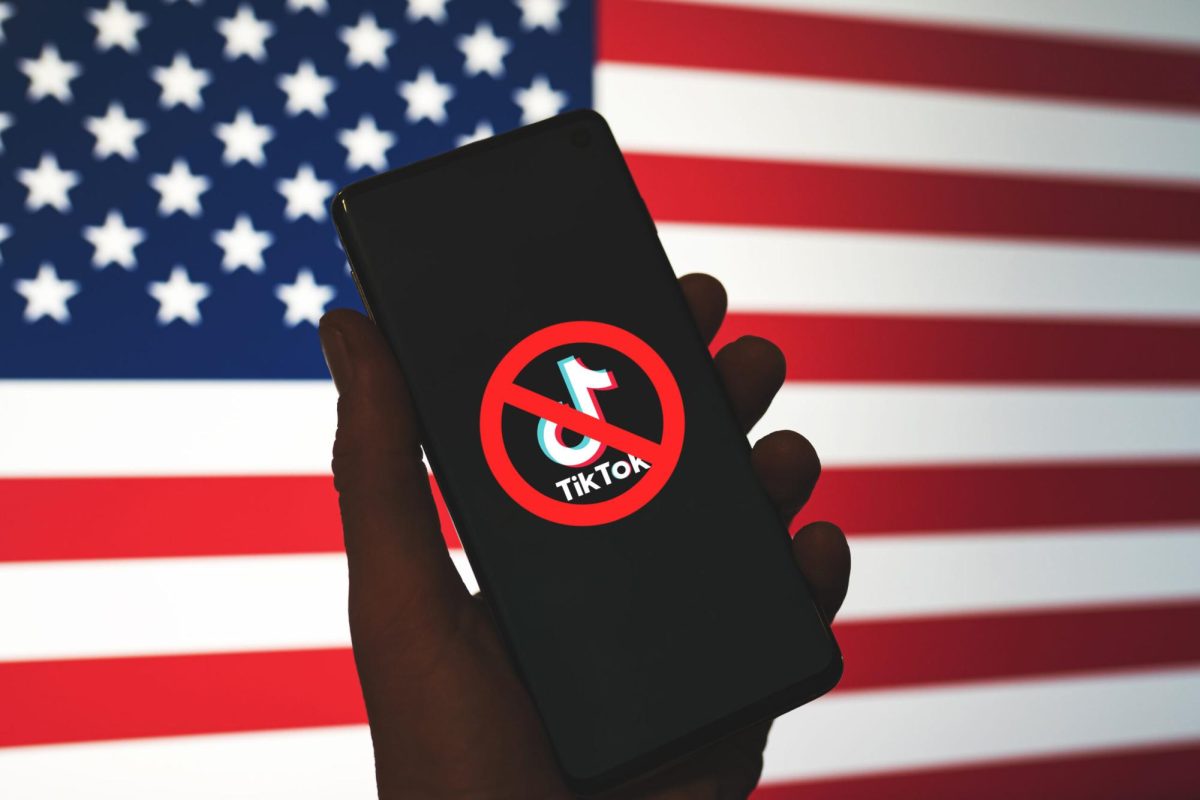

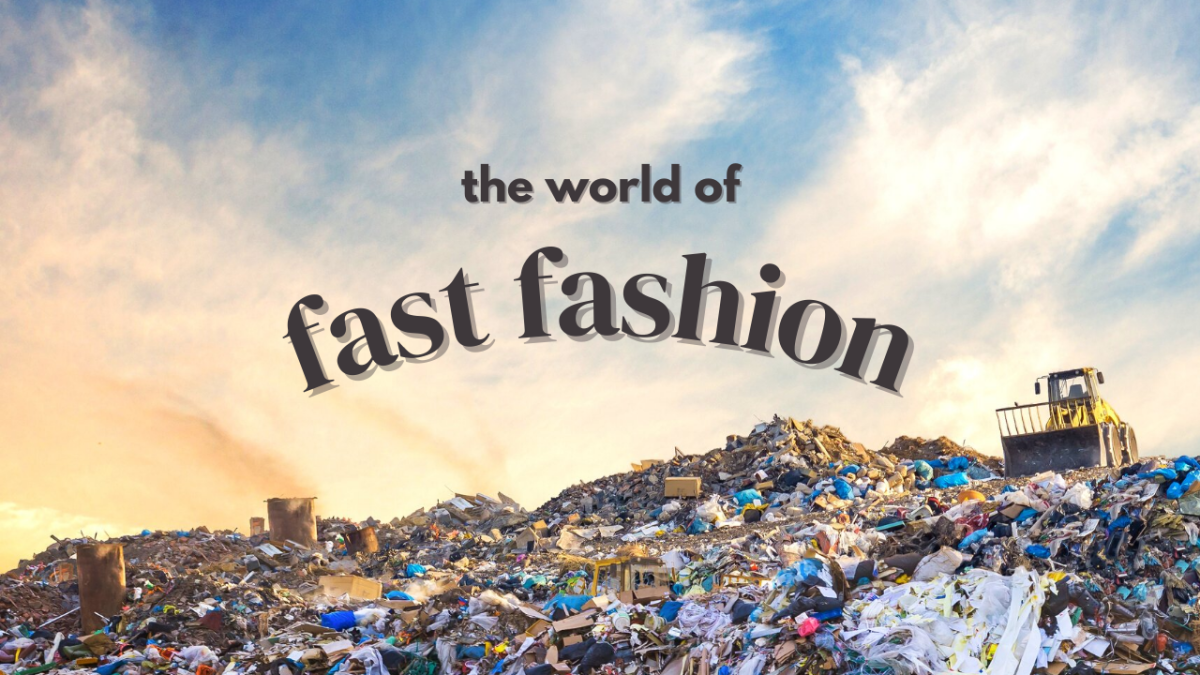


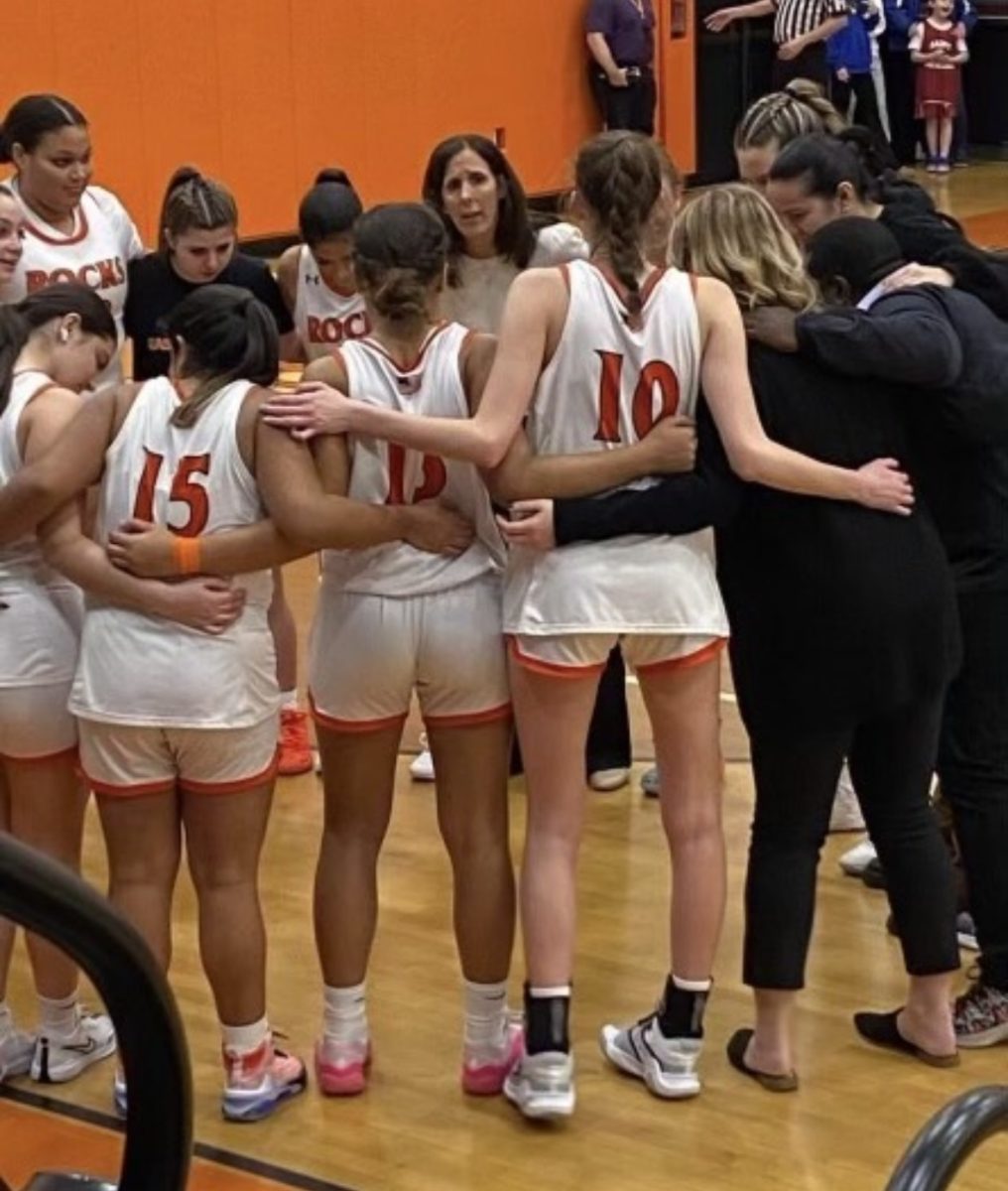






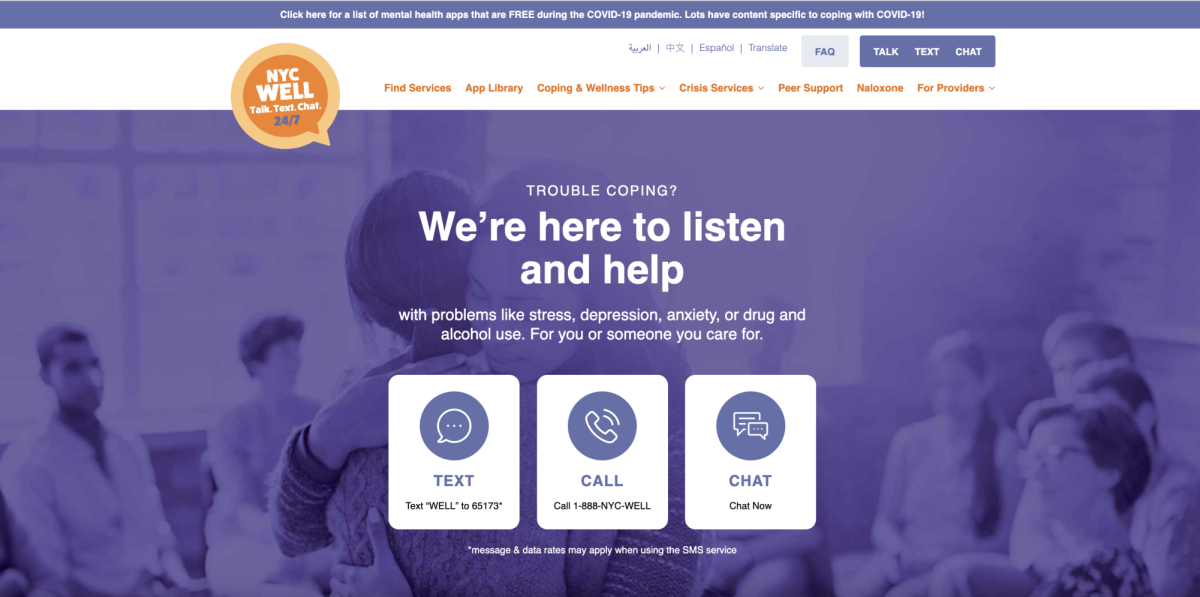

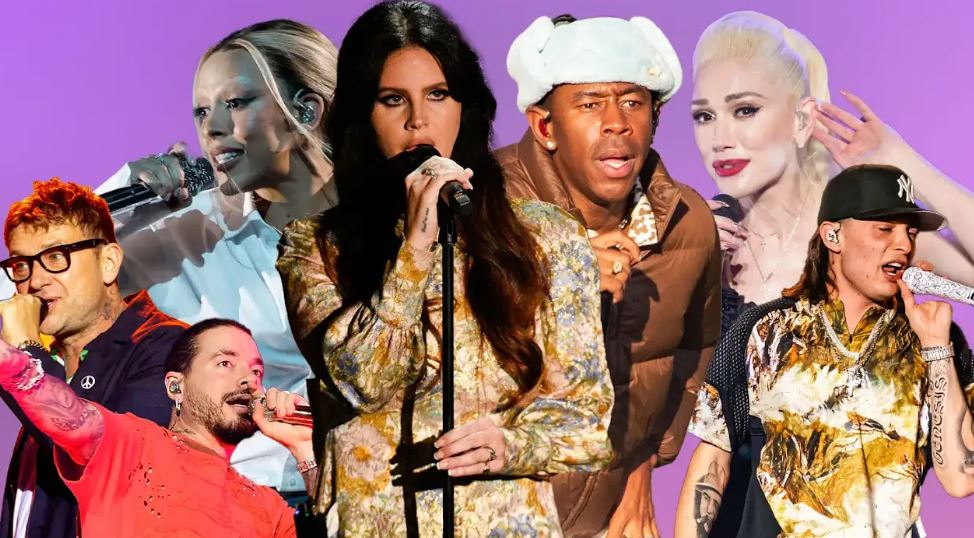

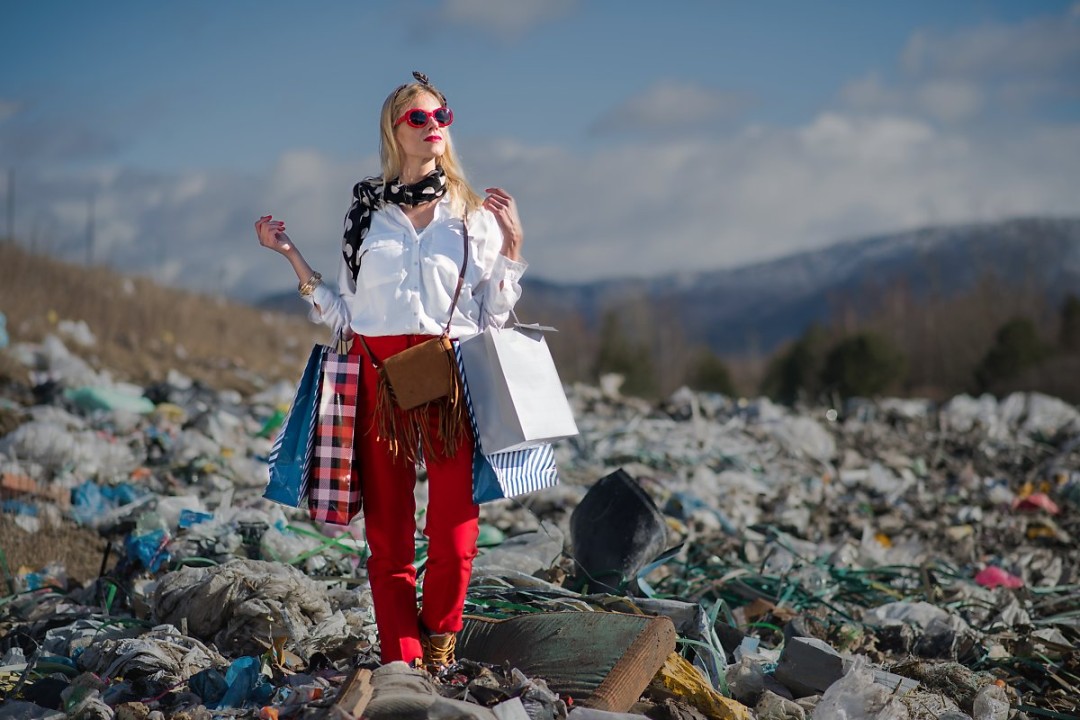



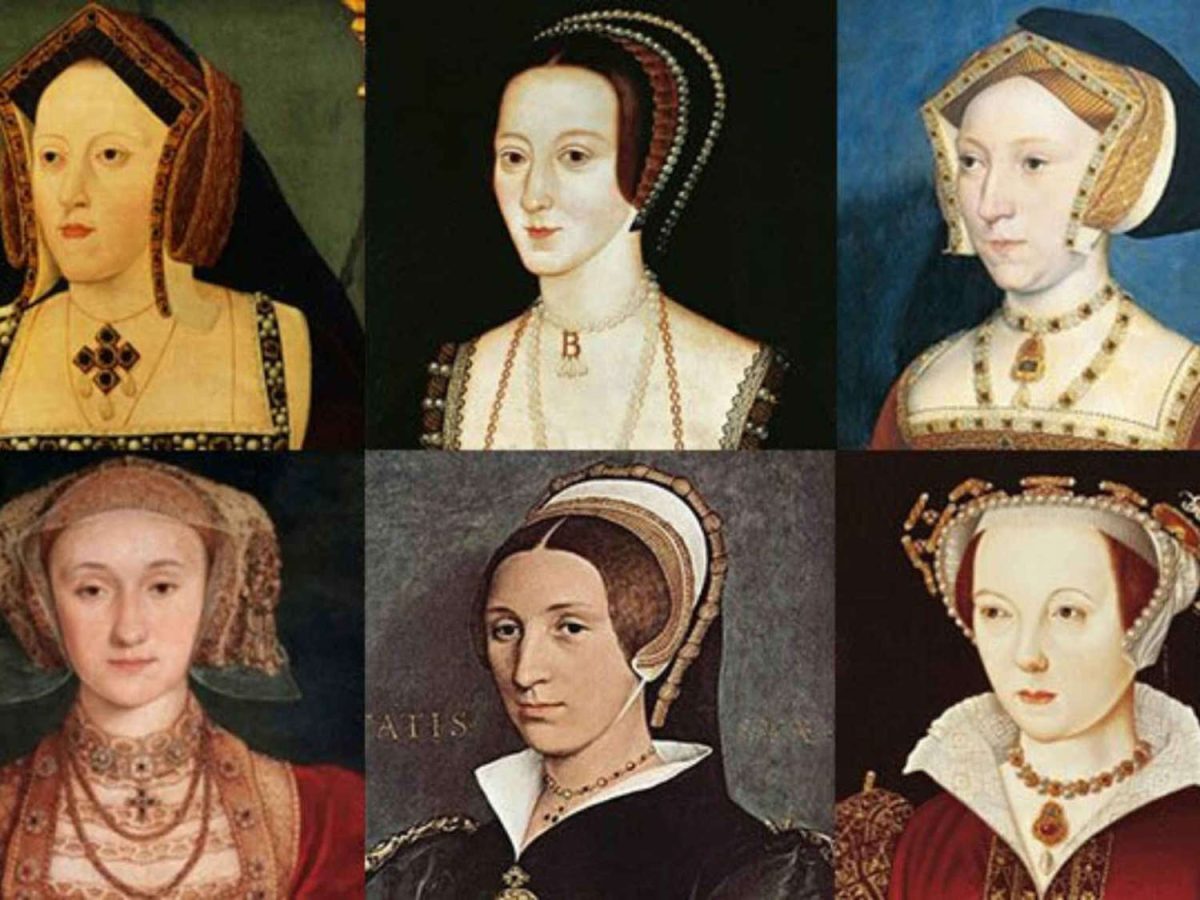

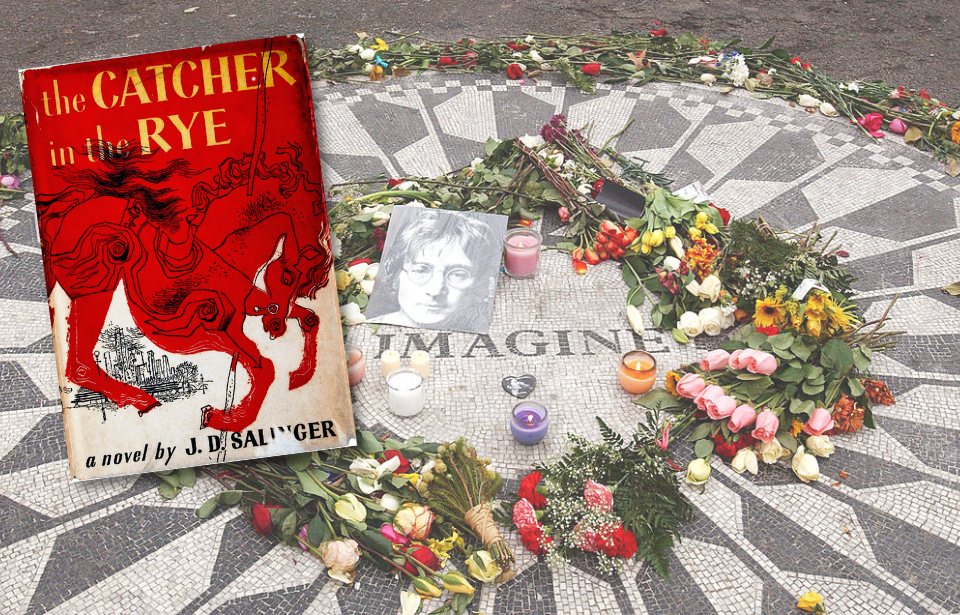



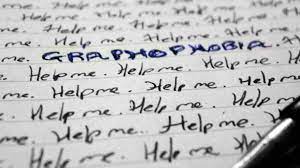

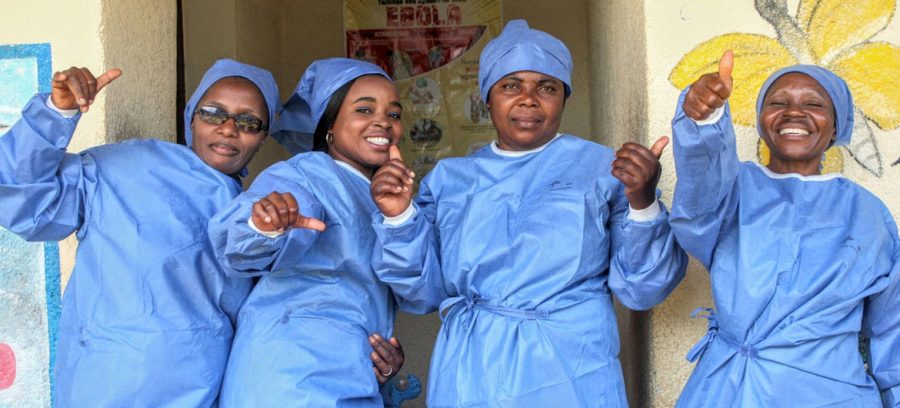

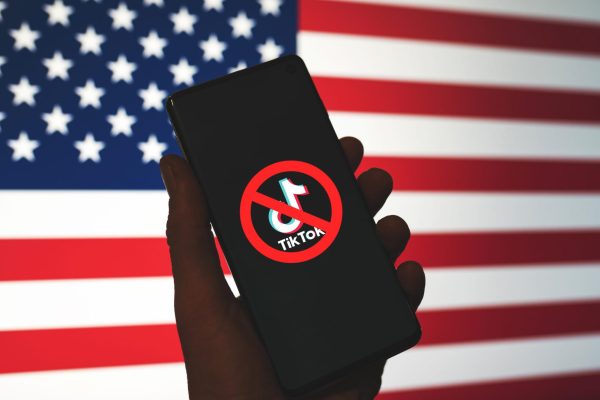

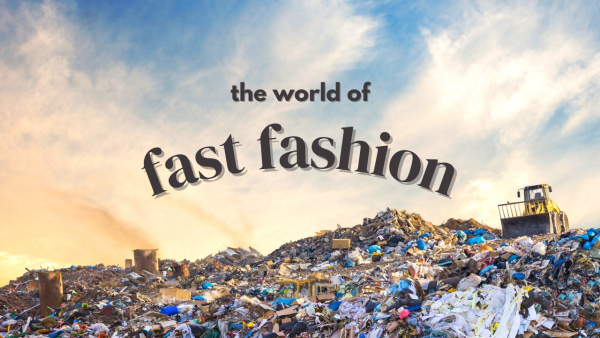




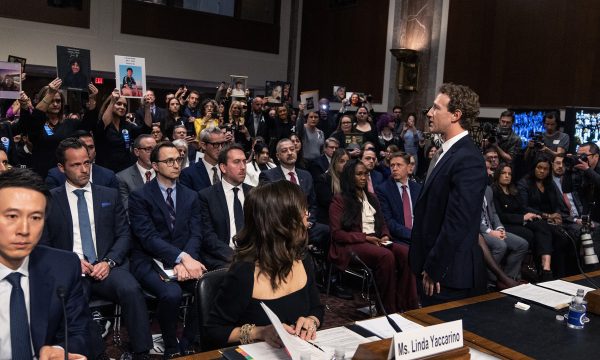

Ms. Kenny • Dec 30, 2020 at 10:45 am
Well researched, Emily! Love the positivity.